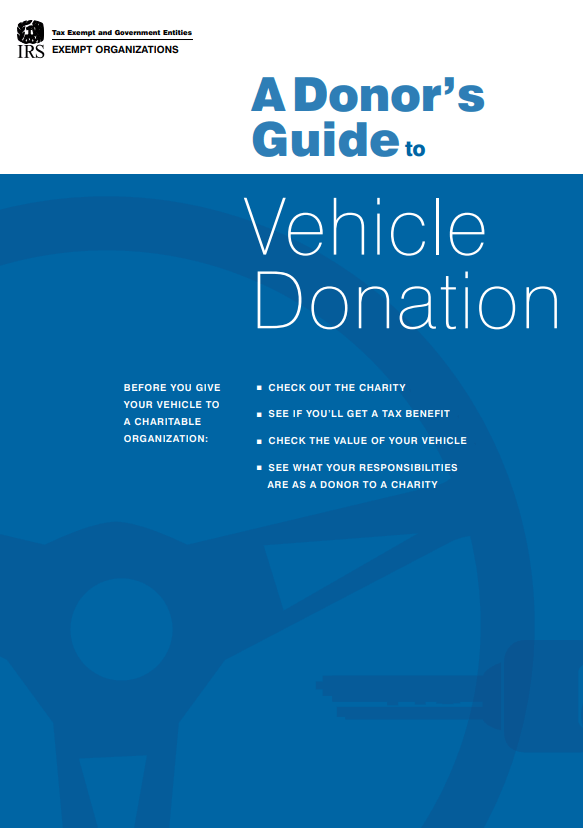In recent times, the landscape of charitable giving has undergone significant changes, impacted profoundly by economic trends and shifts in consumer behavior. One area feeling the ripple effects is the domain of car donations to charity. With vehicle prices soaring to unprecedented heights, the dynamics of donating cars to non-profits have evolved, presenting both challenges and opportunities for those involved.

Why Your Old Car is a Goldmine for Charities Now More Than Ever (PDF)
The Impact of High Inflation on Charitable Giving
According to a report by Giving USA, charitable giving in the U.S. experienced a decline of 3.4% in 2022, a figure that jumps to 10.5% when adjusted for inflation. This downturn in generosity has affected various sectors, including the donation of vehicles to charities. Organizations such as Cars for Kids have observed a notable decrease in the number of cars and trucks being donated. This phenomenon can be attributed to the recent surge in car prices, prompting owners to retain their vehicles longer or opt for older used cars instead.
The Silver Lining: Higher Values for Donated Vehicles
Despite the decrease in donation volume, there’s a silver lining. The high market value of cars has led to donated vehicles fetching higher prices, offering some relief to charities. For example, Cars for Kids reported a decline in annual vehicle donations from about 10,000 nationwide pre-COVID to approximately 7,000 to 8,000 in more recent years. However, the average value per donated vehicle has increased from about $1,400 to $1,900, offsetting the impact of fewer donations.
The Real-World Impact: Texans Can Academies
The story of Carlee Berglund and Texans Can Academies illustrates the tangible benefits of vehicle donations. Facing personal challenges, Berglund found a supportive educational environment at Texans Can Academy, which is largely funded through vehicle donations. The academy caters to at-risk students, providing not just education but also critical support services. This model showcases how donated vehicles can transform lives, emphasizing the motto, “Write off the car, not the kid.”
Navigating the Donation Process
For potential donors, the process involves more than just handing over the keys. Tax implications play a significant role, with benefits such as tax write-offs on the line. Certified public accountant Ed Gardner points out that the deduction amount may vary, often equating to the vehicle’s selling price by the charity. Moreover, with only 10% of taxpayers itemizing deductions, strategic planning is essential to maximize the benefit of such a donation.
Important Considerations:
- Tax Deduction Criteria: To qualify for a deduction, donors must itemize their deductions and donate to a 501(c)(3) charity. Receipt of an IRS form 1098-C from the charity, indicating the sale price, is crucial.
- Choosing the Right Charity: Utilizing tools like the IRS’s charity search and platforms like CharityWatch.com can help donors select reputable organizations that allocate a significant portion of donations towards their cause.
Conclusion
As we navigate these evolving dynamics, the future of car donations to charity holds promise. With individuals holding onto their vehicles longer and the potential for these cars to command higher values upon donation, there is an opportunity for charities to continue benefiting significantly from such contributions. For donors, the act of giving transcends mere transactional value, offering a chance to make a profound difference in the lives of others, as seen through the success stories of beneficiaries like Texans Can Academies. In this landscape of high vehicle prices and economic uncertainty, the generosity of donors becomes a beacon of hope, fueling the missions of charities across the nation.

